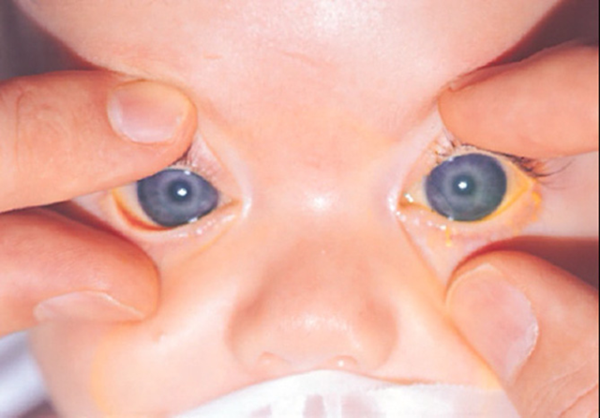There’s a whole range of alternative therapies that have popped up in recent years to treat chronic eye conditions like Glaucoma. However, the jury is still out about their effectiveness. Here are is a common-sense approach to treating the symptoms of Glaucoma.
Good Eating
There have been no conclusive studies that demonstrate the link between certain foods and glaucoma. However consuming caffeine has yielded mixed results. Caffeine increases the level of interocular eye pressure (IOP) for the following three hours. Other studies have shown that the affect of caffeine on Glaucoma is minimal. So it’s better to stay on the safe side by limiting caffeine intake. Also, keeping to a nutritional, well-balanced diet will benefit the overall health and also Glaucoma symptoms. Foods containing zinc and copper, selenium and antioxidant vitamins C, E, and A are only going to benefit a Glaucoma sufferer’s health.

Recreational Body Inversion and Yoga
Stretching the neck and upper body can be a terrific relaxation technique. However the influence of these poses on the optic nerve has yet to be accurately investigated. So people with Glaucoma should take caution when doing yoga stretches particularly the downward dog, upward facing dog and child’s pose. More extreme yoga poses that involve standing on the head or body inversion, should only be performed after consulting with a doctor.
Biofeedback and Self-Regulation
Biofeedback is essentially a method for people to control their own biorhythms. Studies have shown that heart rate and blood pressure can be effectively controlled using biofeedback. This is a reason for optimism about controlling certain symptoms of Glaucoma. However further research in the area of Glaucoma and biofeedback is needed.
The Miracle Berry: Bilberry
Bilberry has been celebrated as the miracle berry for anything to do with eye health. It’s claimed that the berry protects and strengthens capillary walls in the eyes and also protects against Glaucoma, Cataracts and Macular Degeneration.
Research has found that Bilberry can improve night vision, and the recovery from sun glare. However whether or not it improves Glaucoma symptoms has yet to be confirmed.
Things like dosage and a consistency of ingredients haven’t been rigorously investigated yet. This means that making estimations is more guesswork than an exact science. So it’s advised to use caution with these things until more research is done. To dismiss bilberry as being ineffective could be premature though, it may still be the wonder plant, it just means more research is needed.
A keen healthy lifestyle follower, Athena blogs for Direct Sight about health and fitness.

